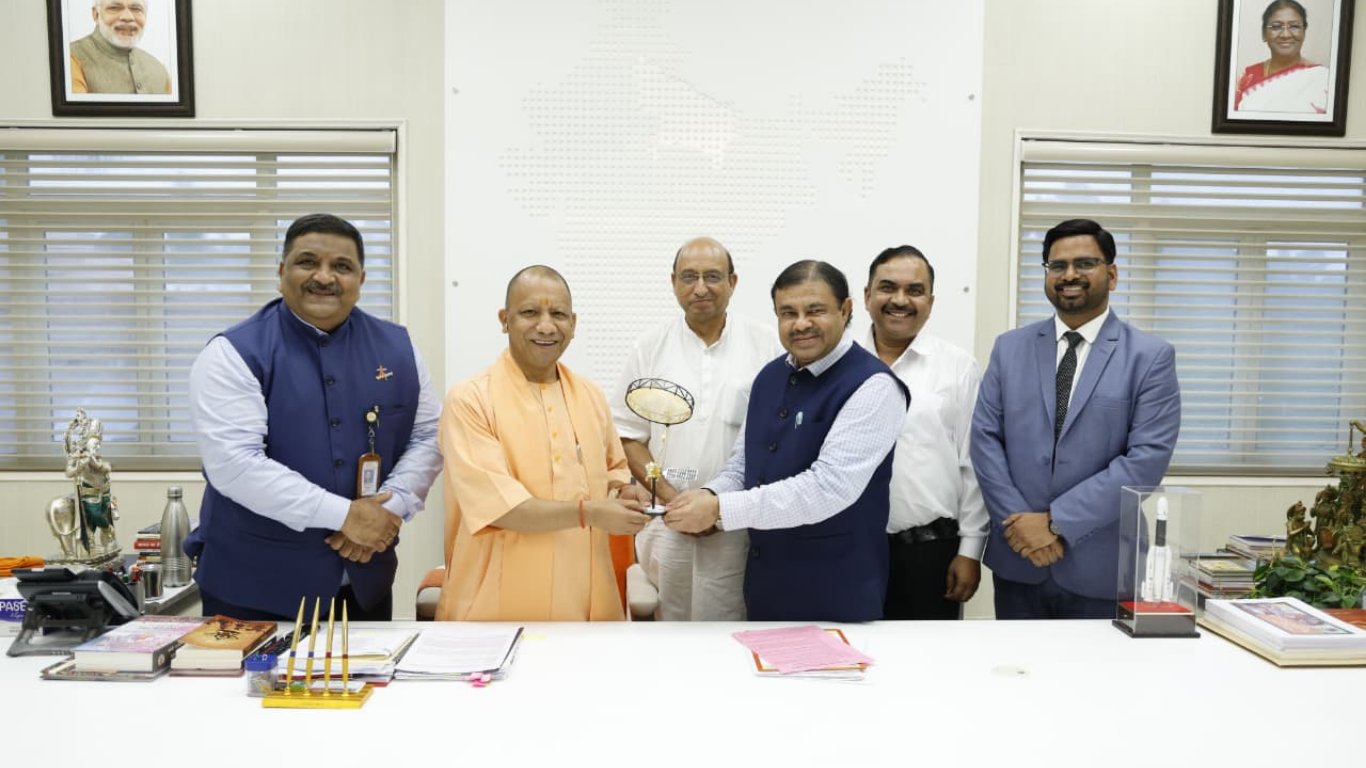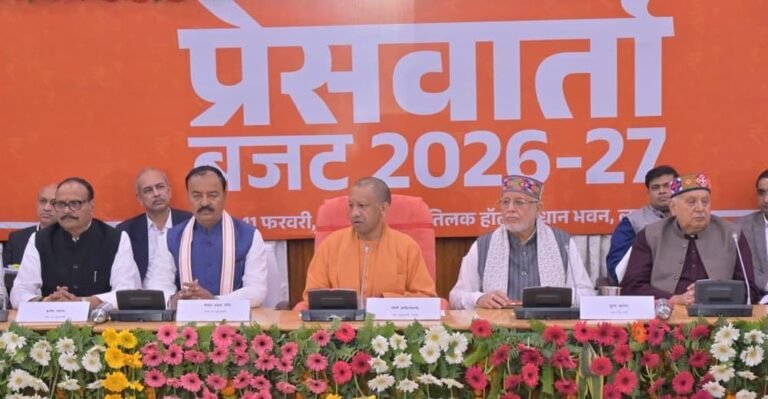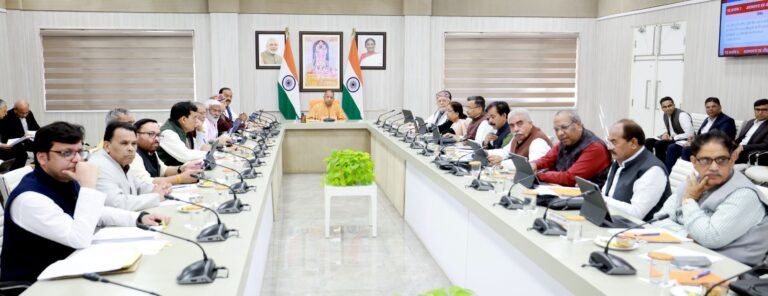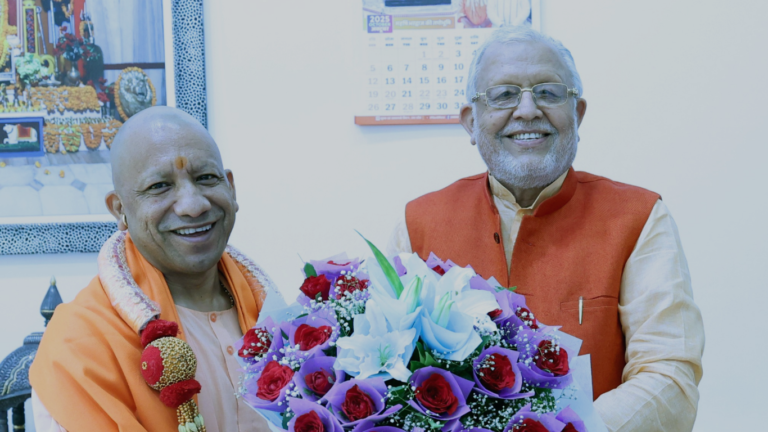
Lucknow, Uttar Pradesh, August 4, 2025 — The Indian Space Research Organisation (ISRO) is rolling out an exciting initiative called the Village Vaigyanik Karyakram (VVK) to ignite a love for science among rural school children in Uttar Pradesh. Launched through ISRO’s Space Applications Centre (SAC) in Ahmedabad, the program aims to bring space science and STEM (Science, Technology, Engineering, and Mathematics) education to remote villages, encouraging young minds to dream big and pursue careers in science.
The initiative, supported by the Vyomika Space Foundation, includes setting up space science labs in 75 Basic Education schools across UP’s districts, introducing “Space on Wheels” mobile science buses, and organizing seminars, webinars, and student visits to SAC’s labs in Ahmedabad. A key highlight is the plan to launch an educational satellite payload, giving students hands-on exposure to space technology. The program targets schools like the 47 Chief Minister Model Composite Schools, 18 Atal Awasiya Schools, and PM Shri Schools, with a special focus on rural areas.
In a meeting with Chief Minister Yogi Adityanath, SAC Director Nilesh M. Desai shared plans for VVK, emphasizing its goal to make science accessible. The CM suggested creating an astronaut training center and a UP State Space Policy to boost the state’s role in space innovation. Governor Anandiben Patel also requested a space lab at a primary school in Raj Bhawan, with plans for students to visit SAC.
The program builds on ISRO’s success with its YUVIKA (Yuva Vigyani Karyakram), which inspires young students nationwide. VVK takes this mission further by focusing on rural UP, where access to quality STEM education is limited. “We want to show kids that space science isn’t just for city students—it’s for them too,” Desai told reporters.
This initiative marks a bold step toward empowering rural youth with the tools to explore space science. As ISRO and Vyomika Space work together, UP’s villages are set to become hubs of scientific curiosity, inspiring the next generation of scientists.



